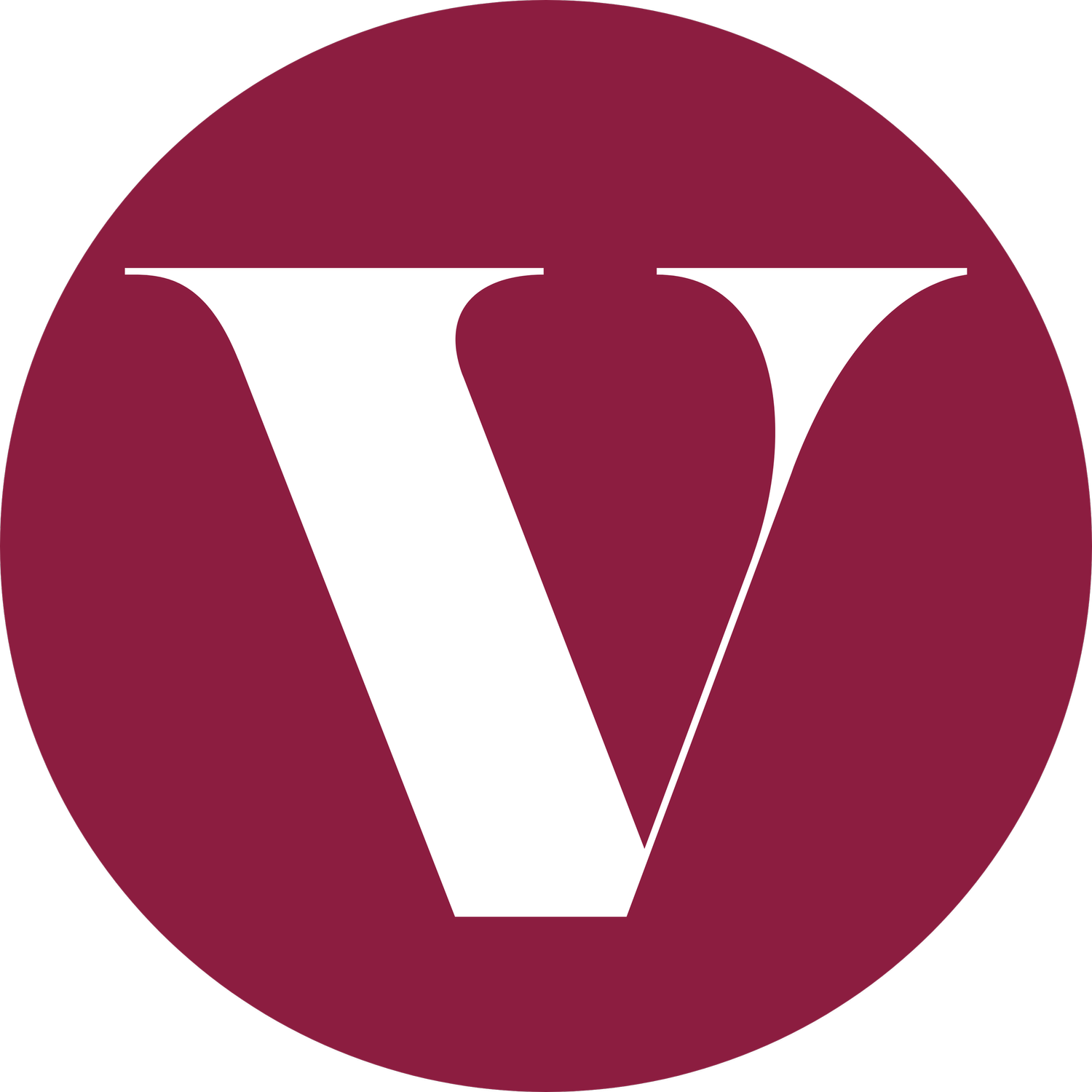All I Asked for was the Truth
A Philosophical Examination
Junie Aldrich
Tell the truth, and you’re a good, honest person who lives the right life. Tell lies—well, that’s just horrible. You hurt people by spitting the wrong words from your ignorant mouth.
We make it seem so simple sometimes: just be honest. People will think you're a “good person,” whatever that means. Even if the truth hurts when it passes through, it's all healed by the good it does to your ego. People will praise you for your honesty, and all of a sudden, such a simple word—honesty—produces more words like kind-hearted, pure, and fulfilled, even though someone who is honest is not necessarily any of these other descriptions. However, the line between truth and falsehood is often very difficult to discern.
To start, how do we even categorize everything into these two sections? Do we really know enough to be able to appoint something as a truth or a lie? For example, I may say that a stool is gray, but how do I know that this is true? Even though most people may agree with me, and therefore one would say that truth is built from consensus, even this is a mere perspective we see through. How do we know that some animals wouldn’t see the same stool as brown, or that another species wouldn’t see it as having no color at all? Do we know that our concept of truth and lies would even mean anything to other species? Even further, do we know that what we see actually is or isn't?
Whether we define something, simplify it, or determine it, we really don’t know enough to know what is or isn’t in the grand scheme of things. Of course, we can find “proof” through processes like mathematics and science, but we simply don’t know enough to be able to establish these as universal certainties. Even within our world, individual perspectives sprout which may see truth where others see lies; this is why we have established a second category: opinions. And really, isn’t every statement made somewhat of an opinion?
We create definitives and truths to relieve ourselves from the concept of the unknown; from the fact that we really know so little. Through truth, we attempt to escape the arousal of fear only to find that the truths we create, like science, only make us more aware of all the things we don’t know, therefore provoking the same fear within us anyway.
Some might say that since truth and lies are human-created, for a human world, it becomes a solely human-applied thing. Our general idea of true and false, therefore, arises despite the fact that it is possibly different for other species. Perhaps this is so, but if it is, truth and falsehood become but an applicable illusion to nurture human complexity and therefore do not represent an ultimate truth. Additionally, the versions of the truth we create depend on the words of our language and the experiences of our lives. How do we tell the truth or lies without words? How do some know that God’s existence is real if others find it to be a lie? Truth, even in our world, can only exist effectively at a physical level; internally, everything becomes a bit less absolute.
If truth and falsehood were presented in an equation, it would show that their value is just about equal. Everything but the equal sign in this equation is an illusion that we cannot see. It is strange how we humans seem to be quite similar to this definitive symbol...

